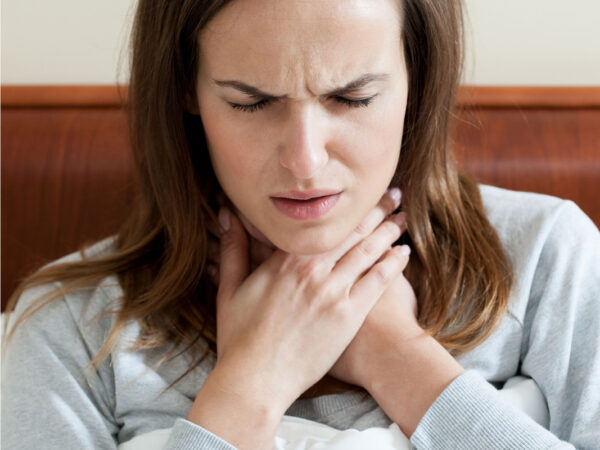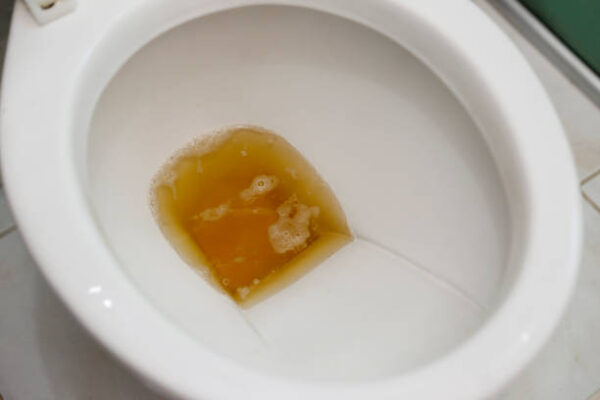Trendy Lifestyle Hacks
10 Signs You Don’t Drink Enough Water
Staying properly hydrated is crucial for maintaining good health, as water supports essential bodily functions such as digestion, circulation, and temperature regulation. However, many people do not drink enough water, leading to dehydration and various symptoms that can impact their overall well-being. Recognizing the signs of dehydration can help you address your hydration needs before more serious health issues arise.
Here are 10 signs that you might not be drinking enough water, along with explanations of what each sign might mean for your health.
1. Dry Mouth and Throat

A dry, sticky feeling in your mouth and throat indicates that your body isn’t producing enough saliva, which can be a direct result of inadequate fluid intake. Saliva is crucial for digestion and oral health, and its reduction can lead to discomfort and difficulties in swallowing.
2. Dark Urine

When your urine is darker than usual, often appearing amber or brownish, it means your body is conserving water and concentrating waste products. Dark urine is a clear indicator of dehydration, suggesting that you need to increase your water consumption to dilute the urine and restore normal color.
3. Fatigue or Low Energy

Feeling unusually tired or sluggish can be a result of dehydration affecting your body’s ability to maintain adequate blood volume and circulation. Proper hydration is essential for sustaining energy levels and overall physical performance.
4. Dry Skin
If your skin feels dry, rough, or less elastic, it may be a sign that your body lacks sufficient moisture. Dehydrated skin can lead to discomfort and may appear dull or flaky. Drinking enough water helps maintain skin hydration and elasticity.
5. Frequent Headaches

Persistent headaches can occur when dehydration reduces blood flow and oxygen to the brain. When your body lacks water, blood volume decreases, leading to headaches. Staying hydrated helps ensure adequate brain function and reduces the risk of headaches.
6. Constipation

Difficulty passing stool or infrequent bowel movements often result from dehydration. When you don’t drink enough water, your stool becomes hard and dry, making it harder to pass. Adequate hydration keeps the digestive system functioning properly and prevents constipation.
7. Dizziness or Lightheadedness
Feeling dizzy or lightheaded, particularly when standing up quickly, can be due to dehydration causing a drop in blood pressure. Maintaining proper fluid intake helps regulate blood pressure and reduces the likelihood of experiencing these symptoms.
8. Reduced Urination
A noticeable decrease in urination frequency can signal that your body is conserving water due to insufficient intake. Reduced urination is a common sign of dehydration and indicates that you need to drink more water to support normal kidney function and waste elimination.
9. Muscle Cramps
Experiencing muscle cramps or spasms, especially during exercise, can be a result of dehydration disrupting your electrolyte balance. Proper hydration helps maintain electrolyte levels and muscle function, preventing cramps and discomfort.
10. Bad Breath

Persistent bad breath can occur when dehydration leads to a dry mouth. Saliva helps cleanse the mouth and neutralize bacteria; without enough saliva, bacteria can proliferate, causing unpleasant breath. Drinking enough water supports oral hygiene and reduces bad breath.


